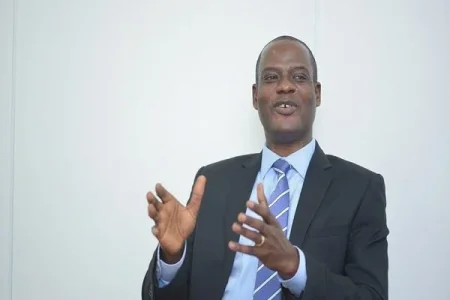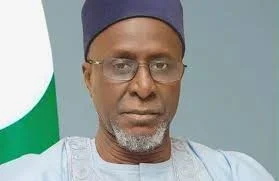
Nigeria's government plans tax reforms targeting higher earners, with those earning over ₦1.5 million monthly facing up to 25% personal income tax. Taiwo Oyedele, chairman of the tax reform committee, announced changes aimed at fairness, reducing taxes for lower incomes, and promoting small business growth through updated policies.
Taiwo Oyedele, chairman of the Presidential Committee on Fiscal Policy and Tax Reforms, announced significant changes to Nigeria’s income tax structure. Speaking at the 30th Nigeria Economic Summit in Abuja, he revealed that individuals earning over ₦1.5 million per month will face tax rates as high as 25%, under a new economic stabilization bill.
Oyedele explained that lower-income earners would either see a decrease in personal income tax or full exemptions, while those above the ₦1.5 million threshold will experience incremental tax increases, reaching up to 25% for top earners. This adjustment is part of broader efforts to make the tax system fairer by shifting the burden toward higher-income individuals.
He highlighted the government’s plans to implement an automated system for accurate tax collection, ensuring that those who should be paying taxes are identified through the national identity number for individuals and the Corporate Affairs Commission (CAC) for businesses. This system aims to reduce tax evasion and eliminate undue tax pressures on lower-income citizens.
In addition, Oyedele noted that recent reforms also focus on supporting small businesses and manufacturers by reducing withholding taxes, which will ease operational costs and promote economic growth. The Federal Executive Council recently approved legislation to amend various tax policies, including proposals to adjust value-added tax (VAT) rates and incentivize companies that generate jobs.
These tax reforms are designed to foster a more balanced fiscal system, ultimately helping Nigeria’s economy become more resilient and equitable.




